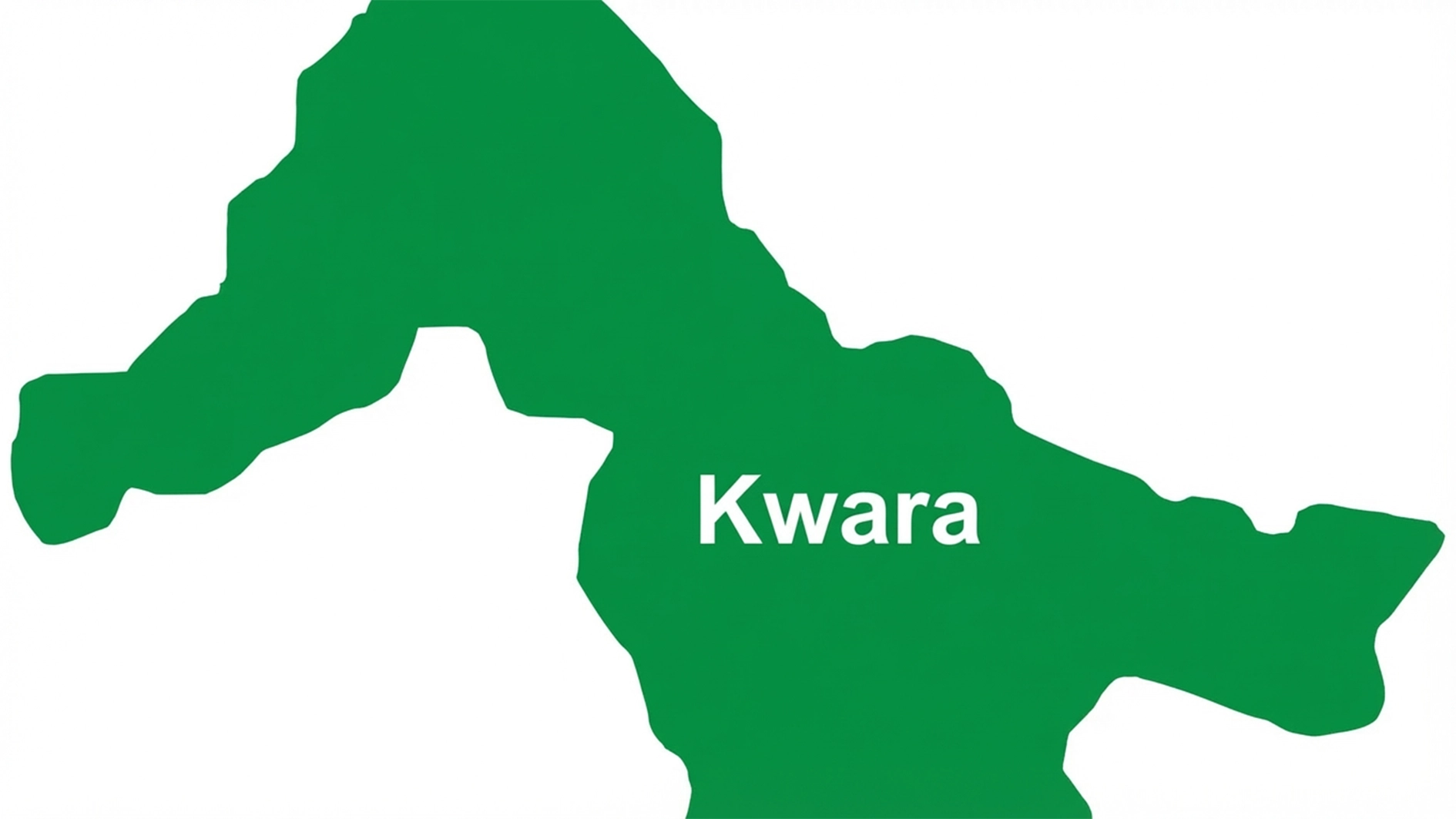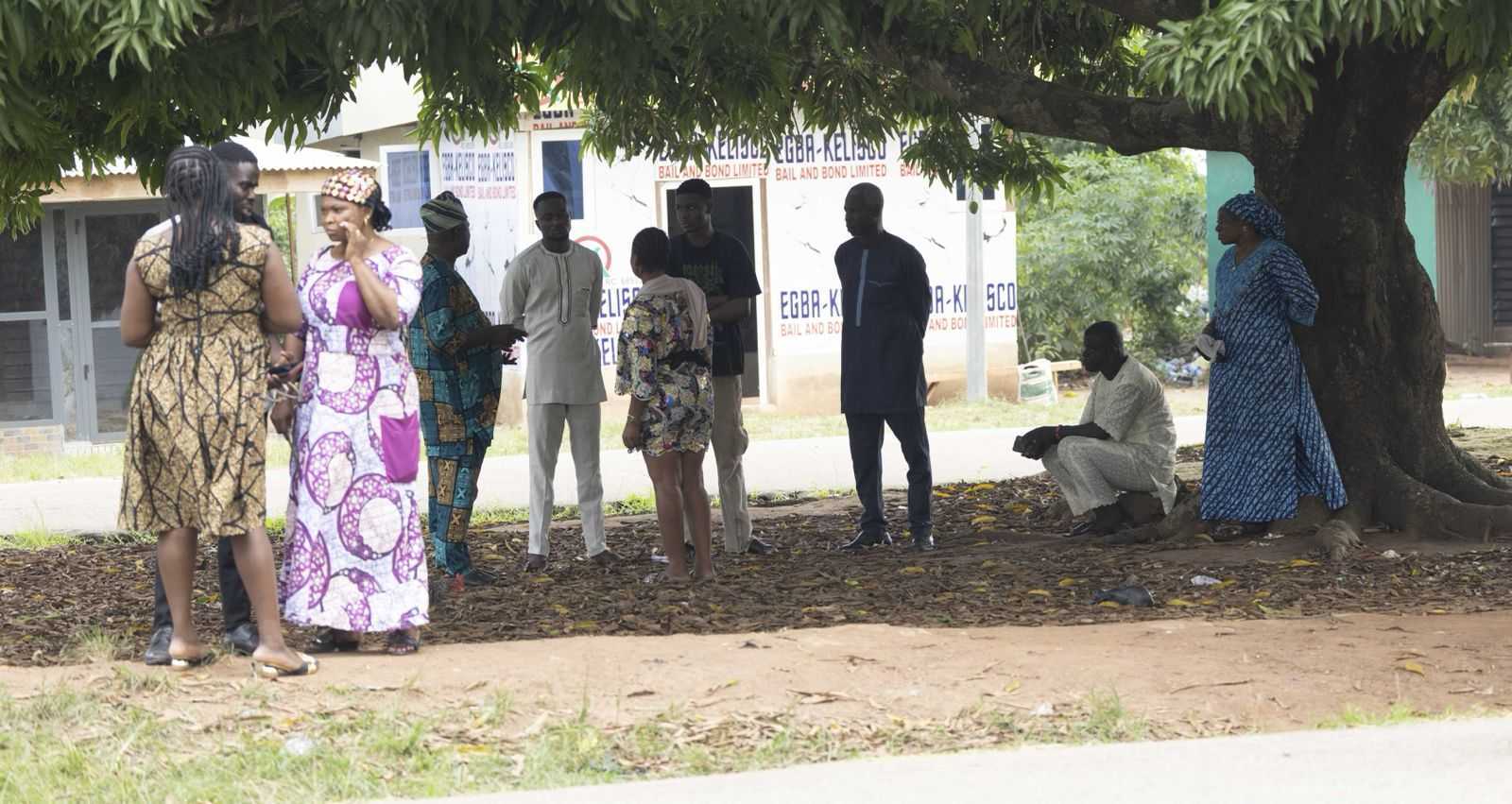Poland’s state-owned development bank, Bank Gospodarstwa Krajowego (BGK), has launched a $1.1 billion program aimed at helping local companies expand into Africa.
The initiative seeks to boost trade with the fast-growing continent, which currently accounts for only about 1.2 per cent of Polish exports. BGK has already financed a $70 million railway project in Tanzania and hopes more firms will follow.
BGK supports Polish business in Africa through the government’s financial support for exports programme, targeting large companies and SMEs. In its strategy to 2030, it assumes to earmark $3 billion for this purpose, with over half, $1.1 billion, dedicated to supporting entrepreneurs in African markets.
Among 89 markets where Poland’s state development bank supports Polish businesses, 17 are in Africa, despite this continent receiving only 1 percent of national exports.
Meanwhile, Prime Minister Donald Tusk has sparked controversy after reportedly saying, in an interview with a British newspaper, that if a major reform of the European Convention on Human Rights (ECHR) is not undertaken, then it would be reasonable to withdraw from it.
In particular, Tusk criticised the fact that the ECHR is often used to prevent the deportation of foreign criminals. His remarks sparked criticism from human rights groups and legal experts, but a government spokesman later clarified that there are no plans to withdraw from the convention.
Tusk made the remarks during an interview, in which he discussed the migration crisis and Europe’s response to it.
“When we are talking about the biggest threats, maybe not for Poland, but first of all, for the West, and for the EU as a whole, it is migration,” said Tusk, whose government last year launched a tough new migration strategy that included suspending the right to asylum for migrants who irregularly cross the border.
There are “more and more difficult ethnic and cultural relations inside our societies — not in Poland, maybe, but for sure in your country, in France, in Germany”, added the Polish prime minister.
Tusk identified one of the key problems as the ECHR. Countries want to “deport convicted criminals, rapists or terrorists”, but sometimes “it is impossible because of these very traditional verdicts from the courts that human rights are much more important than security”.
Tusk said he had spoken the day before with his Italian and Danish counterparts, Giorgia Meloni and Mette Frederiksen, about reform of the convention. “I’ve been very blunt and even brutal with my colleagues. We cannot wait for these changes. We have to act now.”
Those comments sparked a backlash from human rights groups in Poland. The Helsinki Foundation for Human Rights (HFHR) criticised Tusk’s remarks, calling them “astonishing and concerning.”
“Even if they are considered a strictly political statement, rather than a serious call to allow withdrawal from the convention, they may have very negative consequences,” wrote HFHR. “They lead to the normalisation of arguments and slogans that have, until now, been associated with extremist and populist movements.”
Monika Gąsiorowska, a Warsaw human rights lawyer, meanwhile, warned that withdrawal from the convention would align Poland with countries such as Russia, which left in 2022 following its invasion of Ukraine.
“I would advise the prime minister to familiarise himself with the values and goals of the founders of the Council of Europe and what the convention was intended to protect against,” she said. “This is a matter of historical knowledge, which, as a historian, the prime minister should possess.”
However, asked to clarify Tusk’s comments, government spokesman Adam Szłapka said that there are not any plans to withdraw Poland from the ECHR.
Szłapka also told newsmen that “the prime minister’s words did not refer to Poland, but were a response to a question posed by British journalists concerning the ongoing discussion in the UK”.
Earlier this year, Tusk joined eight other European leaders in calling for a “conversation” on the interpretation of the European Convention on Human Rights, arguing that it should allow more flexibility for countries to expel foreign criminals and prevent “hostile states instrumentalising migrants.”






